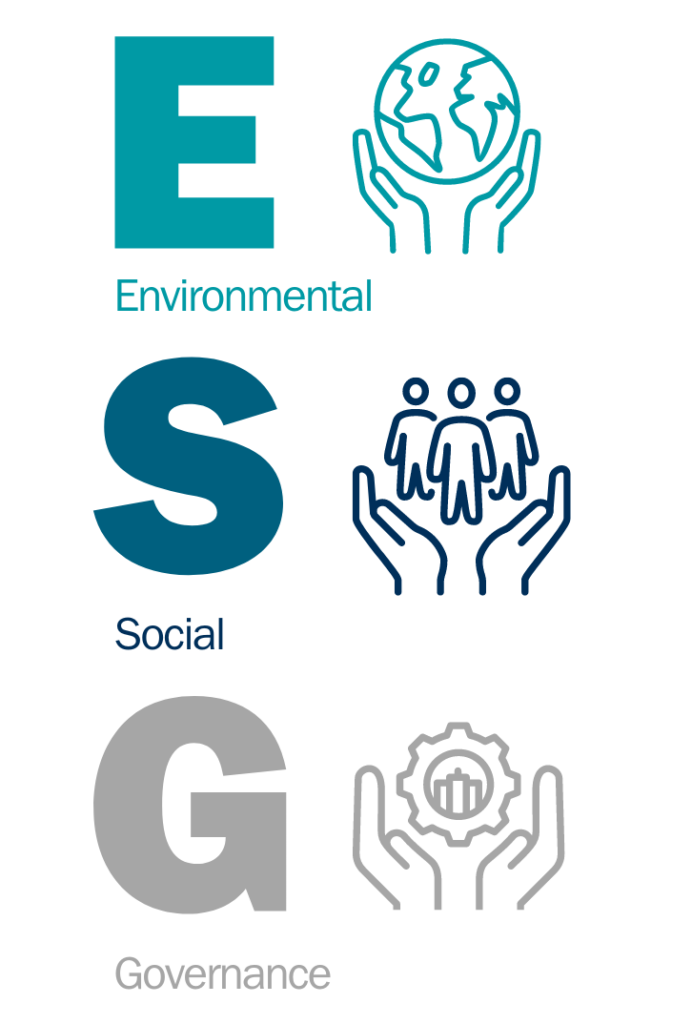

Richard Porstmann
The importance of ESG in procurement: A strategic perspective for interim managers
Reading time: 8 minutes
Table of contents
In today’s business world, nothing works without the magic letters ESG: environmental, social and governance criteria in purchasing. Companies are increasingly recognizing that their procurement strategies should not only be based on money, but must also take Mother Nature and social peace into account. In this article, we take a look at the importance of ESG in procurement and how interim managers can help to skillfully integrate these factors – without the boss breaking a sweat.
The importance of ESG in purchasing
ESG in procurement refers to the way in which companies take environmental, social and governance-criteria into their procurement strategies and practices. Environmental criteria include aspects such as ecological sustainability and the responsible use of resources. Social criteria relate to issues such as fair working conditions, human rights and diversity. Governance-criteria relate to ethical business conduct, transparency and compliance.

Why is ESG important in purchasing?
The consideration of ESG criteria in purchasing offers several advantages. Firstly, companies can reduce costs through sustainable procurement practices, for example by improving energy efficiency or reducing waste. Secondly, the inclusion of social criteria strengthens the corporate image and the relationship with stakeholders. Thirdly, a good Governance ensure that ethical standards are adhered to and risks are minimized.
The role of interim managers
Interim managers play a crucial role in integrating ESG criteria into the purchasing process. They can help companies to define ESG goals, evaluate suppliers and develop appropriate procurement strategies. Interim managers often bring a wealth of experience from different industries and can therefore develop customized solutions for the specific needs of a company.
Strategic integration of ESG in purchasing
To effectively integrate ESG into procurement, interim managers should consider the following steps:
- Analysis of current procurement practices and identification of ESG opportunities and challenges.
- Development of an ESG strategy that takes corporate goals and stakeholder expectations into account.
- Integration of ESG criteria into supplier evaluation and selection processes.
- Implementation of ESG performance indicators and monitoring systems to track progress.
- Employee training to raise awareness of ESG and support its implementation.
ESG in procurement is not a passing trend, but the new strategy for companies that are not just looking for a quick buck, but for long-term success. Interim managers are the heroes in the background: they wave the ESG magic wand and help to integrate these criteria into the purchasing policy. In this way, companies can not only keep the cash register ringing, but also reduce their ecological footprint and shine as role models for a better society. Who would have thought that shopping could be so much fun?
Conclusions
- Growing importance of ESG: Environmental, social and governance (ESG) criteria are becoming increasingly important in purchasing.
- Advantages of ESG: Sustainable procurement reduces costs, strengthens the corporate image and ensures ethical behavior.
- Role of interim managers: Interim managers are crucial for the integration of ESG criteria into procurement strategies.
- Strategic steps: Analysis, strategy development, supplier evaluation, performance monitoring and employee training are necessary for ESG integration.
- Long-term strategy: ESG is a long-term necessity for sustainable corporate success.
If you have any suggestions or thoughts on this topic, please write to me.






